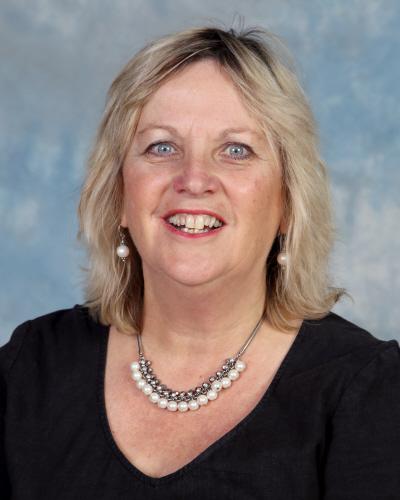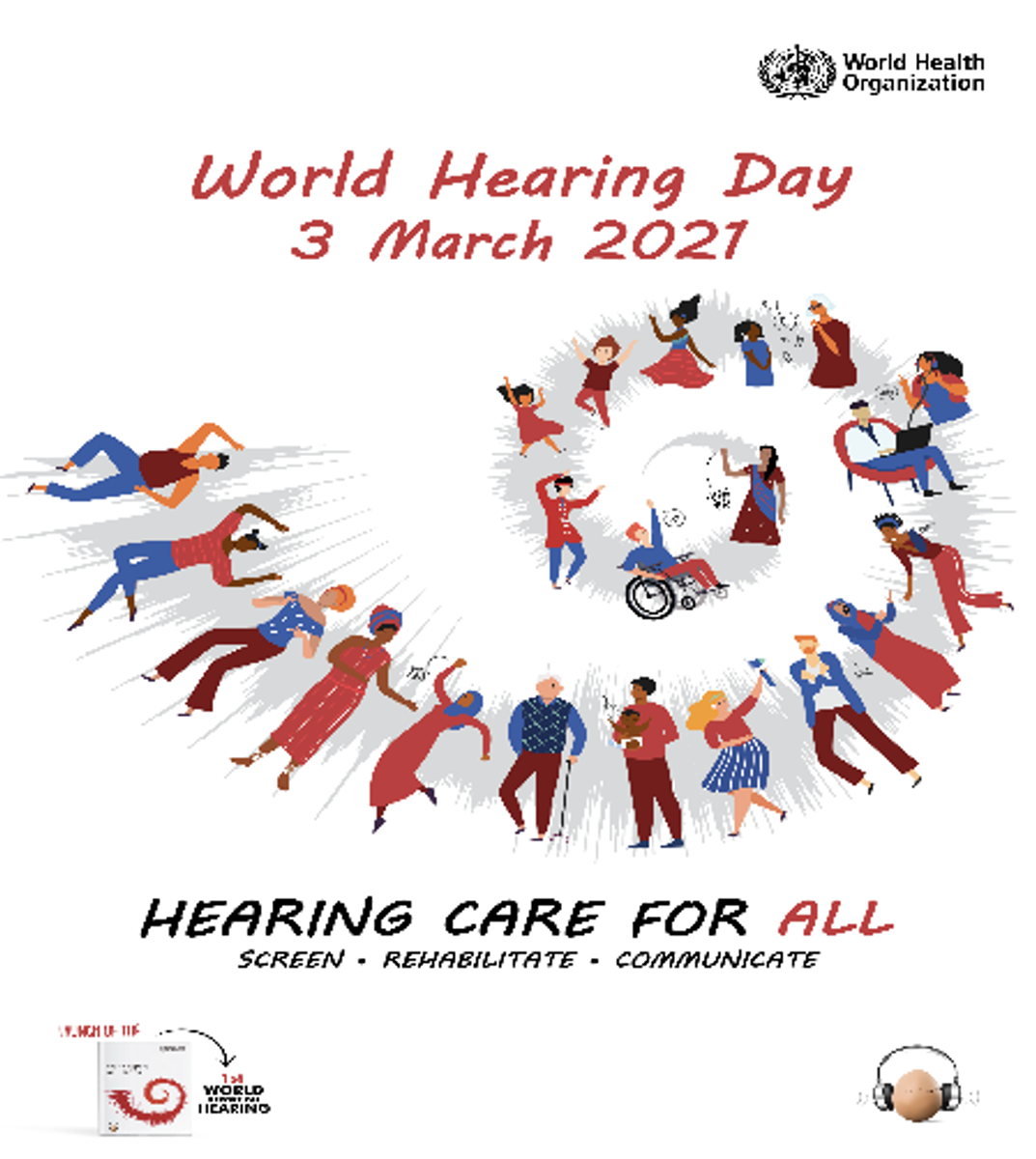Assistant Principal's Message

Maramba Vision
Providing a caring environment where aspirations are nurtured, positive relationships grow, success is celebrated and a passion for lifelong learning is ignited.
Nurture. Innovate. Celebrate.
Dear Students, Parents, Carers and Families,
Hearing Awareness Week
World Hearing Day is held on 3rd March each year to raise awareness on how to prevent deafness and hearing loss and promote ear and hearing care across the world. It coincides with Hearing Awareness Week in Australia. The theme of the World Hearing Day is Hearing care for ALL! Screen. Rehabilitate. Communicate
The World Hearing Day 2021 and the World Report on Hearing present a global call for action to address hearing loss and ear diseases across the life course.
- Hearing loss is costing Australia $15 billion a year in health system costs and lost productivity
- Hearing loss affects 70% of people over the age of 70 and it has a huge impact on the quality of life
- It is more common than heart disease, cancer and diabetes
- 500,000 hearing aids are bought every year in Australia
- 10,000 people whose first language is Auslan cannot be left behind and deserve better access to education, jobs and community life
Hearing Awareness Week is Australia’s annual event to raise community awareness of hearing impairment and ways to protect your hearing. One in six Australians is deaf or hearing impaired or has a chronic ear disorder. For these 3.5 million Australians, there are more possibilities than ever before to be included in all aspects of community and business life, and they are ready!
Hearing Awareness Week also provides an opportunity for the 22 per cent of Australians aged 15 and over who have a hearing impairment to share their experiences and knowledge and help to create a greater understanding of their needs, aspirations and the contributions they can make to our nation.
Could my child have hearing loss?
Your child could have a hearing loss if they:
- Does not respond to sounds and speech.
- Has delayed or improper speech and language development for his/her age.
- Cannot understand what you say or often asks people to repeat themselves.
- Incorrectly responds to questions or instructions.
- Turns up the volume of the radio/television or has trouble hearing what is being said over the phone.
- Is performing poorly at school or has behavioural issues.
- Often has discharge from the ear or impacted wax.
- Has repeated episodes of pain or blockage in the ear.
- Has recently suffered from a serious illness like meningitis.
Babies
In the case of babies, you should suspect hearing loss if the baby does not respond to sounds, especially the mother’s voice or is not startled by loud sounds e.g. a loud bang.
I think my child may have hearing loss what should I do?
Have your child’s ears and hearing checked at the nearest health care centre or clinic. Usually ENT doctors and audiologists can check ears and hearing. If you are not sure where to go, ask a local health worker or doctor for guidance.
How can hearing be checked in a child and is it safe?
Hearing can be tested at all ages. Newborn babies can be tested within a few days of birth. Children up to the age of five years can have their hearing checked using:
- Otoacoustic emission (OAE)
- Auditory brainstem response testing (ABR)
- Behavioural observation audiometry (BOA)
In children older than five years; hearing can be tested using a pure tone audiometry test.
Hearing testing is safe, painless and easy!
When should I get my child tested?
As soon as possible! For infants, whose hearing loss is diagnosed by three months after birth and rehabilitation started by six months of age, it is possible to develop speech and language similar to those with normal hearing. Any delay will affect the speech and hearing of your child. Early diagnosis and intervention is the key to success in children with hearing loss.
What if my child has hearing loss?
How will they communicate, study or make friends?
There are solutions so that hearing loss does not limit your child’s life. These include:
- Medicines or surgery, where hearing loss is caused by an ear infection or glue ear.
- Hearing aids and cochlear implants may help the child hear, develop speech and language and progress in education.
- Rehabilitation and therapy are very important, even when hearing devices have been fitted.
- Sign language learning, so that the child can communicate and learn
Once hearing loss is identified, the best course of action must be decided by the family in consultation with the Ear Nose and Throat (ENT) specialist and audiologist. Intervention should be started without delay.
With proper and timely intervention, there is no limit to what your child can achieve.
Kind regards,
Diane Morwood
Assistant Principal


